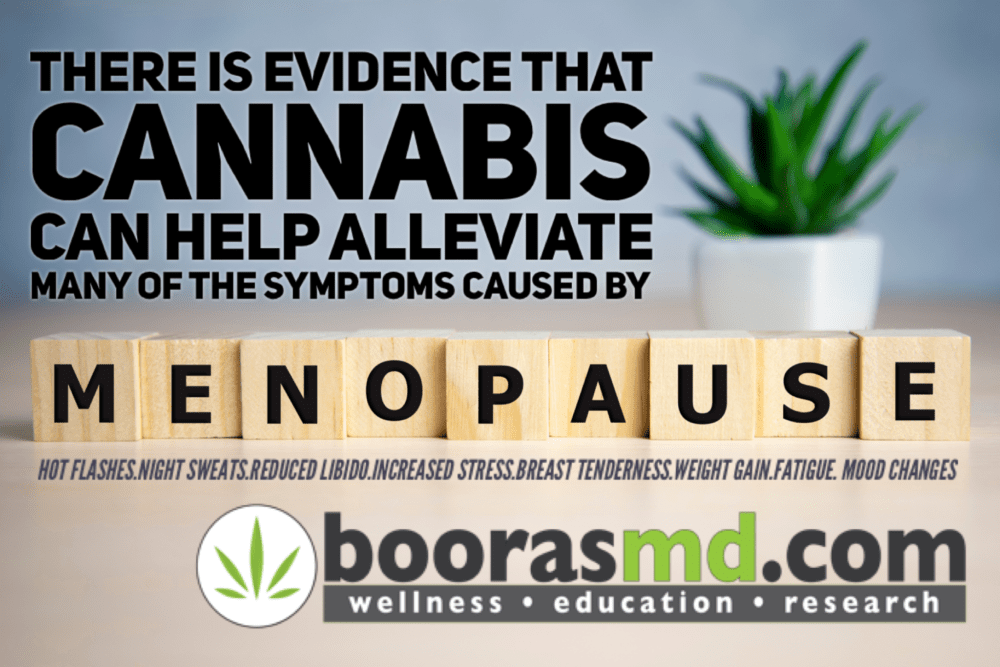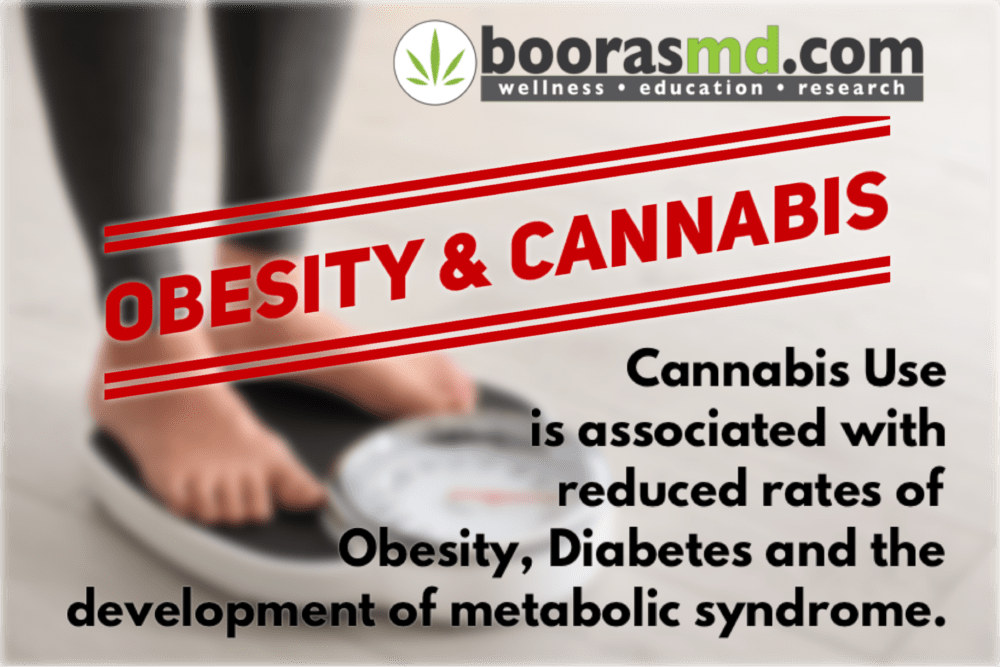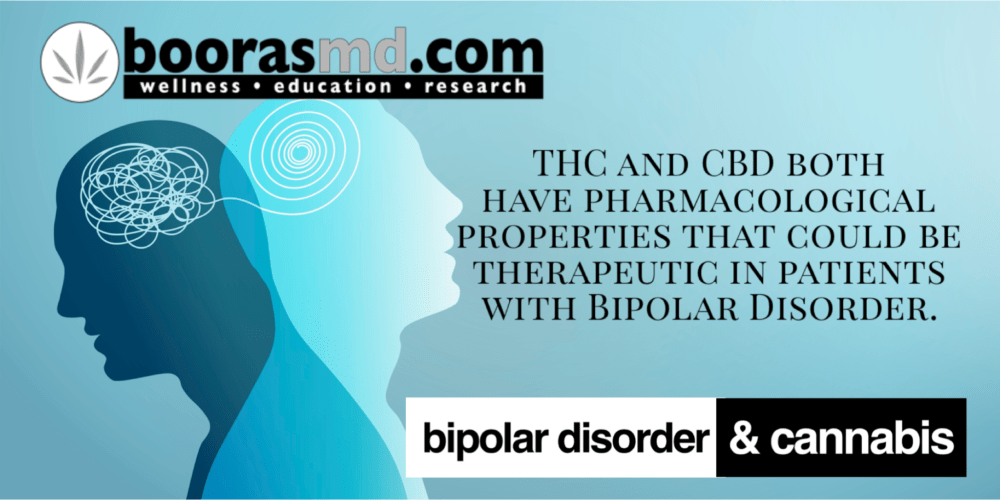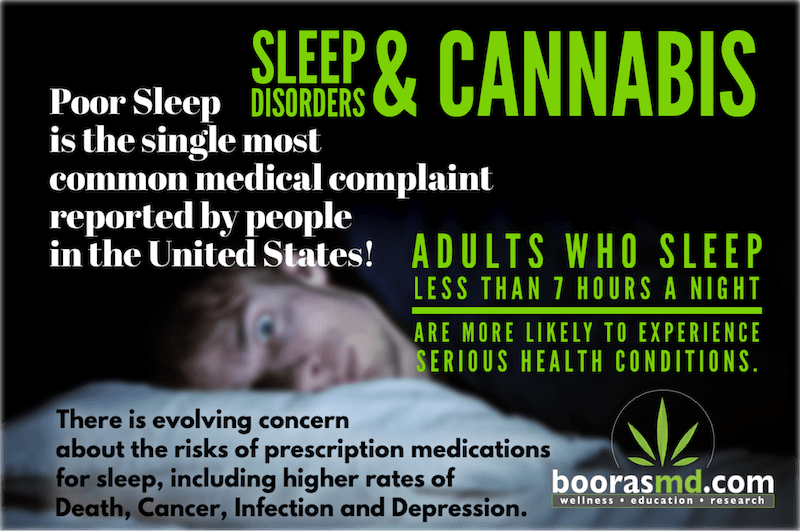Treating Menopause with Medical Marijuana (Cannabis)
Treating Menopause with Medical Cannabis
Summary: There is evidence that cannabis can help alleviate many of the symptoms caused by menopause. Approximately 75% of women will have hot flashes while going through menopause. Symptoms can last many years, even into the 70 and 80th years of life!
Description. Menopause occurs when a woman’s ovaries no longer produce adequate amount of hormones needed for reproduction. The average age of menopause is 51.
Physical and Emotional symptoms associated with reduced hormone production can be extremely bothersome and include; Hot flashes, Night sweats, Reduced libido, Increased stress, Breast tenderness, Weight Gain, Fatigue, Osteoporosis, Vaginal dryness and thinning (atrophy) of the lining, Forgetfulness and Mood changes.
Medical Cannabis. Estrogen is linked to the Endocannabinoid system (ECS) by regulating an enzyme (FAAH or fatty acid hydrolase) that breaks down the THC-like endocannabinoid, Anandamide. There is also some evidence that early menopause is due to an Endocannabinoid deficiency.
A study presented during the 2020 Virtual Annual Meeting of the North American Menopause Society indicates that over 25% a female veterans have used cannabis to treat symptoms of menopause. This is more than the number of women who have used hormone therapy or other forms of traditional medical therapy.
- Vasomotor Instability, also known as “hot flashes or hot flushes”. THC regulates body temperature and has a cooling affect on the body at higher doses. Each person needs to find the right dose of THC in order to experience adequate mitigation of hot flashes.
- Relaxation and Sleep. Indica strains of THC are better for this and Edibles last much longer than inhaled cannabis.
https://www.leafly.com/news/strains-products/the-best-cannabis-strains-for-insomnia - Pain. During perimenopause, there are commonly at changes in the menstrual cycle associated with increased pain and cramping along with breast tenderness. Estrogen fluctuations are also relate to migraine headaches and joint pain affecting knees, shoulders, neck, elbows or hands. Women with fibromyalgia will often notice increased muscle pain with menopause. Painful intercourse is typically associated with vaginal drying and thinning of the vaginal skin. This also occurs in the tissue relining the bladder and urethra causing burning with urination, urinary urgency and urinary leakage.
- Libido. Available data indicates that there is a does dependent effect with lower doses helping with sex drive and receptivity while higher doses have either no effect or inhibit libido.
https://www.marijuanamoment.net/lower-doses-of-marijuana-may-be-more-effective-for-improving-libido-review-finds/
Traditional Medical Therapy:
- Hormone replacement therapy (HRT). Typically, this includes use of an estrogen and progesterone and women with a uterus and estrogen alone for women who are post hysterectomy. Risks of treatment can include an increased incidence of breast cancer, heart attacks and strokes according to several high-quality studies.
https://www.medicalmarijuana.com/medical-marijuana-treatments-cannabis-uses/menopausal-syndrome/ - Selective Estrogen Receptor Modulators (SERMs). Raloxifene and Tamoxifen are older products that actually increase hot flashes/flushes, but newer medications are being developed that reduce symptoms.
- Antidepressants. Several antidepressants that work on the serotonin receptors in the brain have been showing to help with symptoms of hot flashes, mood, sleep difficulties and quality of life. This includes Venlafaxine (Effexor), Paroxetine (Paxil) and Fluoxetine (Prozac). The only FDA approved antidepressant found to be effective at treating hot flashes is Paroxetine 7.5 mg.
- GABA analogs. Gabapentin (Neurontin) and Pregabalin (Lyrica) are anti-seizure medications that have significant effectiveness at reducing hot flashes. They also reduce pain.
- Antihypertensives. Clonidine is about as effective as antidepressants and reducing hot flashes.
- Complementary And Alternative Therapy. Some botanical products contain estrogen like activities and are called Phytoestrogens. Studies do not consistently document efficacy for controlling symptoms using Black Cohosh, Red Clover or Femarelle (a mixture of a soy derivative and flaxseed). There is also some promise using acupuncture and acupressure treatments.
Written by Charles Booras, MD on 10/5/2020







